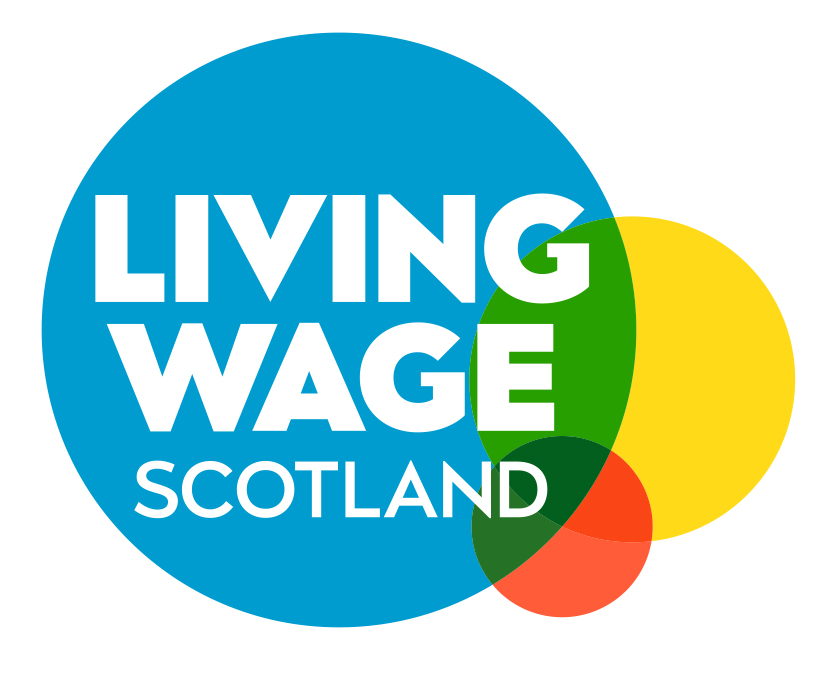by Rachel Morrison-McCormick, Living Wage Accreditation Officer
Living Wage Scotland are calling on social care employers across the sector to consider joining over 120 providers already accredited, including ENABLE Scotland, Aberness Care, The Richmond Fellowship Scotland and Randolph Hill Nursing Homes. Becoming Living Wage accredited is a long-term commitment which allows organisations to ensure their workers are receiving a rate of pay which meets the cost of living.
The campaign for a real Living Wage in Scotland has been ongoing since 2014 but I think we can all agree that now the need for a real Living Wage is more important than ever. The real Living Wage is the only rate of pay based on the cost of living and is independently calculated each year based on the best available evidence on living standards. The real Living Wage is currently £10.90 across the UK and £11.95 in London.
In Scotland there are now more than 3000 accredited Living Wage employers that have collectively uplifted more than 60,000 workers to the real Living Wage, putting £370 million back into workers pockets. This is great progress but there is more to be done. Nearly 1 in 10 workers in Scotland are still earning less than the real Living Wage which equates to 210,000 people. In the social care sector, statistics released as part of the ASHE report in November 2022 showed that 33,000 workers in the sector are earning less than the real Living Wage. This is unjust, particularly at a time of rising costs where people are struggling to make ends meet.
The social care workforce has long been undervalued for the crucial role they play in our society. When we need someone to look after us or our loved ones, they are the people we turn to, yet 23% of the workforce are still earning below the real Living Wage despite the vital and challenging work they do. We believe this needs to change for us to build a social care sector which is not straining under the pressures put upon it.
In recent months I have been privileged to have social care employers and key organisations give up their time to discuss with me the challenges in their sector. I can’t lie, these conversations can be difficult as they share challenges around funding and recruitment. However, no matter how tough the situation is, I am continually inspired by the dedication and resilience within this sector.
Payment of the real Living Wage and gaining accreditation can bring a range of benefits to social care employers. Accredited employers have reported a reduction in absenteeism, improved team morale, increased number and quality of job applications and improved retention. But accreditation doesn’t just benefit the organisation. We hear from staff who tell us it makes them feel more valued, motivated and can help alleviate financial worries. Living Wage accreditation is about more than just the rate of pay. It is about putting the values and beliefs of your organisation front and centre and demonstrating that you support the campaign for everyone to be paid a wage that meets the cost of living – this has never been more important.
The real Living Wage should not be the ceiling for the sector, it should be the floor upon which an appropriate pay scale, which recognises the skill and value of the work, is built. But a first step is to see the 33,000 low paid workers within the sector receive an increase to at least the real Living Wage.

